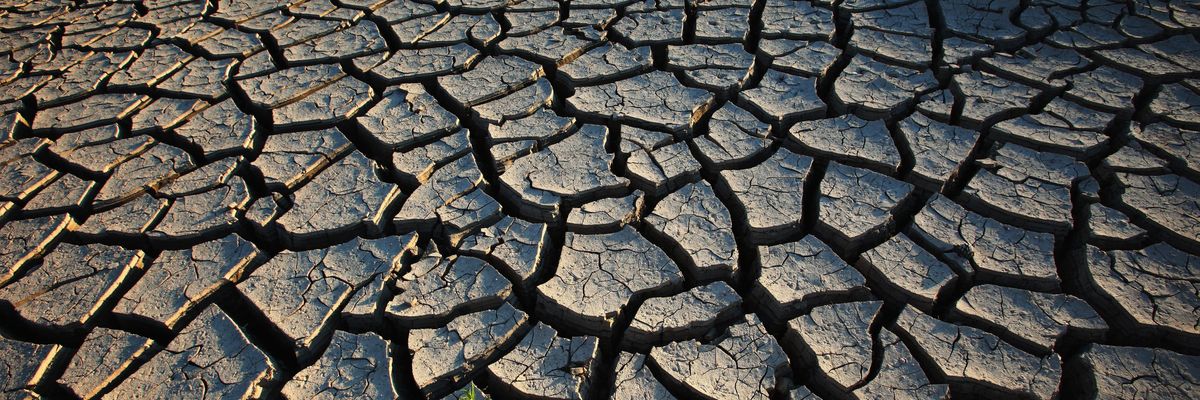"Levels of carbon dioxide in the atmosphere exceeded 411 parts per million (ppm) in May, the highest monthly average ever recorded at the Mauna Loa Observatory in Hawaii, home to the world's longest continuous CO2 record. In addition, scientists found that the rate of CO2 increase is accelerating, from an average 1.6 ppm per year in the 1980s and 1.5 ppm per year in the 1990s to 2.2 ppm per year during the last decade."
Let's face an uncomfortable truth: even as we amp up our climate resistance, we might nevertheless reach, and then exceed, crucial climate change tipping points. No matter how hard we organize, no matter how many "fossil fuel-free" resolutions we pass, no matter how often we march, we might still end up rushing inexorably toward climate change catastrophe.
Will we do what we must to leave Earth as unsullied as possible to beings that will survive us?Indeed, it is increasingly likely that we will.
Turn away from this possibility and you turn away from climate justice. In particular, you leave planning for the worst-case scenario to the military-fossil fuel complex, to the insurance industry, and to men and women who will attempt to profit from human misery to the very end. You leave our most vulnerable sisters and brothers to fend for themselves. You create the conditions that will expose you to the whims of those who intend to survive our collective crisis at everyone's expense.
We need climate activism that holds onto, and plans for, both the possibility that we can turn things around and the possibility that we will fail.
How will we ensure that national boundaries will be irrelevant when hungry children, women and men seek refuge from rising seas, drought, excessive heat, and other calamities?
We need climate activism that dares to ask: How might we envision, and then organize to create, a just dystopia? How will we distribute and share food and water when both are extremely scarce? How will we ensure that national boundaries will be irrelevant when hungry children, women and men seek refuge from rising seas, drought, excessive heat, and other calamities? How will we attend to one another's spiritual needs in the midst of existential despair? What will we do to protect our nonhuman sisters and brothers? How will we attend to one another when we get sick from hunger and disease? What will we do to keep the greedy and the hateful from doing further harm to the planet? To us? Will we do what we must to leave Earth as unsullied as possible to beings that will survive us?
Are we willing to fight for justice to the human end?
To answer these questions, we must turn toward, not away, from despair, and transform it into a source of power.
But we cannot transform despair into power if we only want to hear "positive" stories about climate change, or stories of triumph and resilience (though these are certainly important). Turning away from the possibility that we might fail, we turn despair into something that paralyzes us, that makes us act as if the fight for justice is over the moment that scientists announce, "too late." We hand it over to those who will use despair to divide, to oppress, and to conquer.
We cannot allow ourselves to be paralyzed. Justice requires from us something more.

